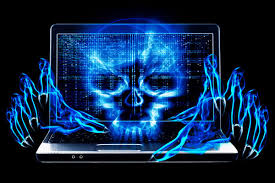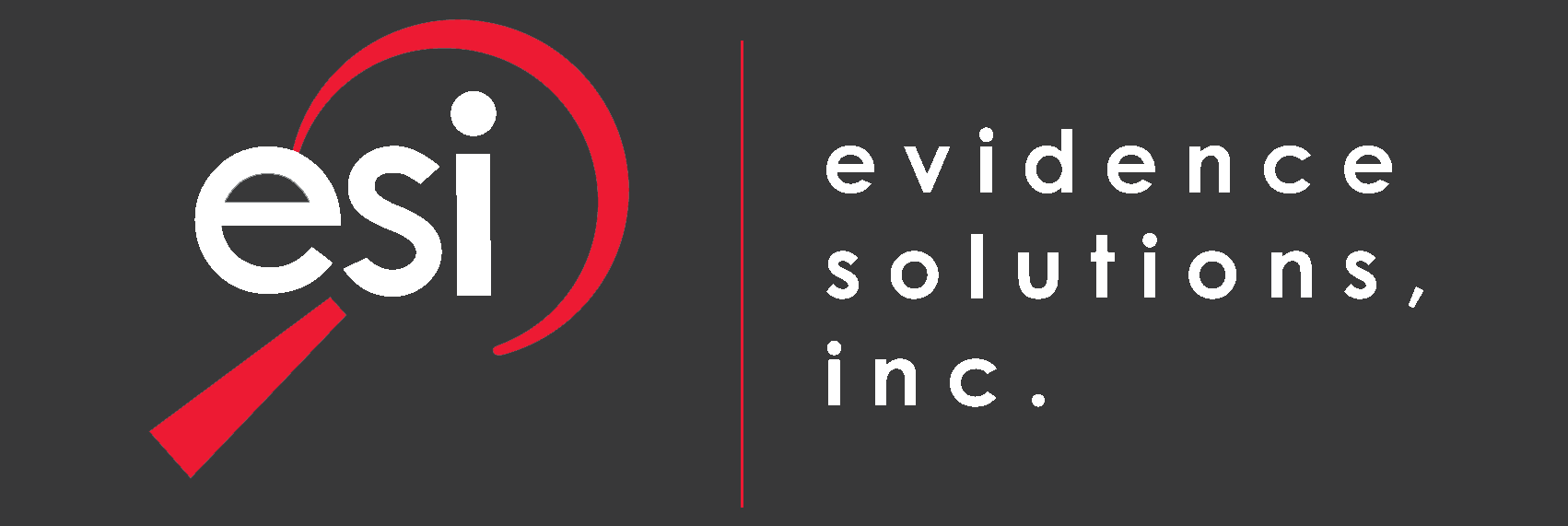| You’re out and about somewhere and you spot a flash drive lying on the ground. If you’re like most good-hearted people, you’d like to attempt to return the drive, before you convert it to your own use. So what do you do? You plug the drive in and start going through the contents hoping that you find an email address or a phone number. After all, what’s the worst that could happen? |

Computer Forensics Hacker - Danger May Lurk In a Free Thumb Drive
Malware could happen.
CompTIA, is a non-profit trade association in the IT world. In 2015 CompTIA* left about 200 infected drives (these drives were not going to cause major damage or data theft) in high-traffic areas in Chicago, Cleveland, San Francisco, and Washington D.C. The test was designed to see how many people would do something risky. About one in five users plugged in the drives and then did some very risky things, such as opening files, clicking on unfamiliar web links, or sending messages to listed email addresses. What would happen if these files and drives were loaded with nasty malware that locked your system down? You wouldn’t know unless you plugged it in and tried.
In 2011, Sophos, an IT security company based in the UK, studied 50 USB drives bought at a lost property auction held by the transit authority. 66% of these drives were infected with some sort of malware or spyware.
So full circle, what would happen if one of these infected USB drives made its way into your office? Like most companies, your computer is connected to an internal network. Depending on how the virus is coded (and most are coded this way) it will jump from machine to machine over the network and continue to infect until there’s nothing left for it to infect. Since computers are the backbone of the majority of businesses out there, it would be crippling if everybody had a non-operational computer.
When in doubt, give a newfound flash drive found on the street to your IT professional and tell them how and where you found it and that it could have malware on it. They will know what to do with it and can probably make it safe for your use if you want to keep it.
